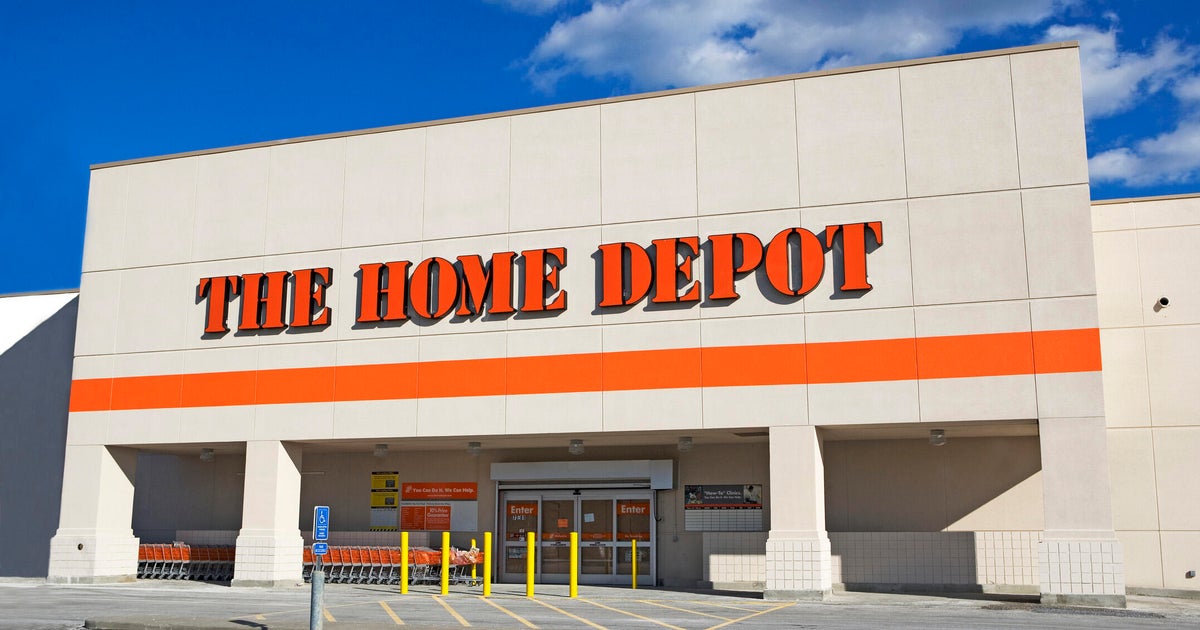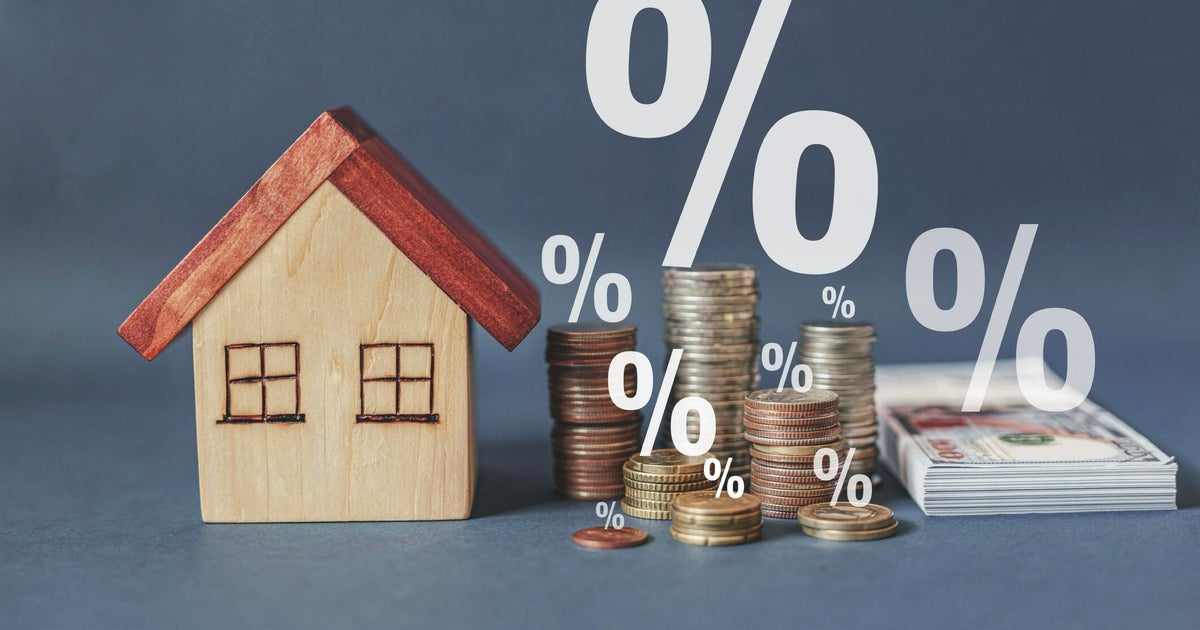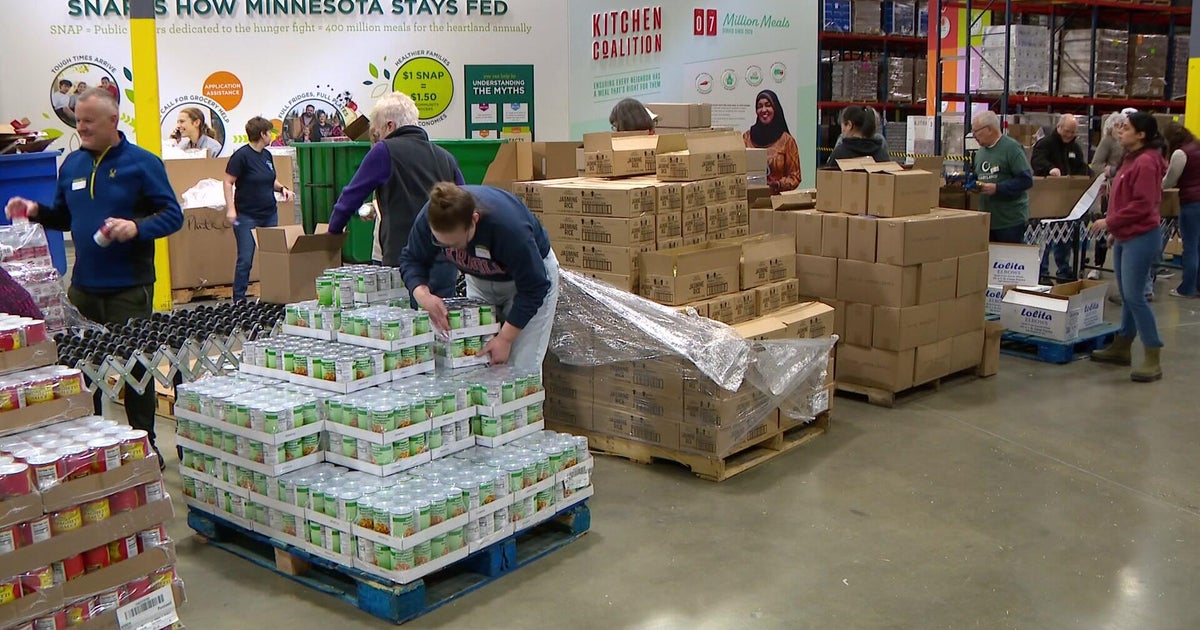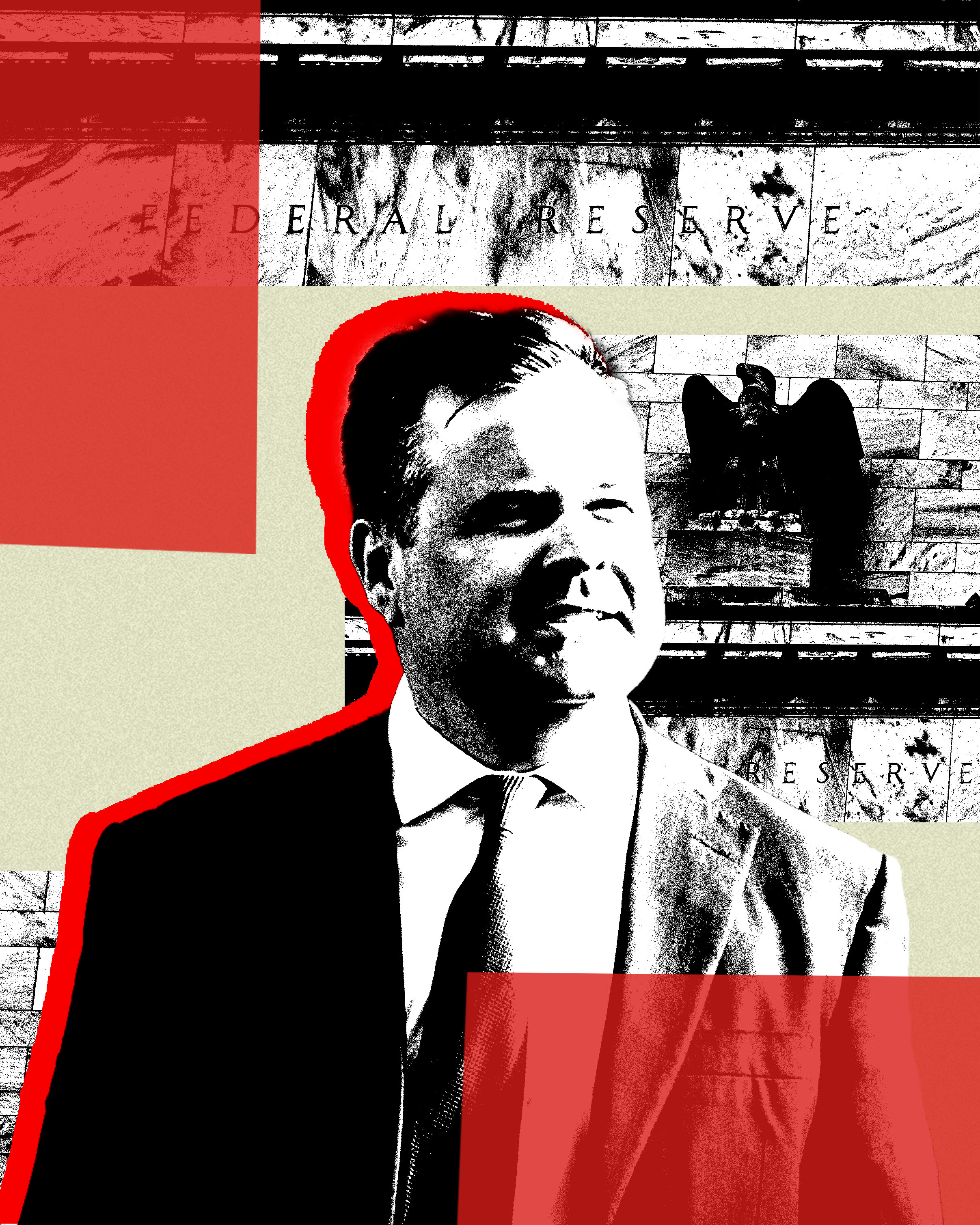Federal Reserve rolling out $2.3 trillion in "Main Street" loans
The Federal Reserve is taking additional steps to provide up to $2.3 trillion in loans to support American households and businesses, as well as local governments, as they deal with the COVID-19 pandemic.
The Fed said Thursday that it is activating a Main Street Lending Program authorized by the $2.3 trillion economic relief bill pass by Congress last month.
The central bank's focus is on the "real economy," according to Federal Reserve Chairman Jerome Powell, who said in public remarks Thursday that the Fed's role was to "provide as much relief and stability as we can during this period of constrained economic activity."
The Fed is running nine different lending facilities in "the priority areas where we thought that help was needed," Powell said in an online discussion hosted Thursday by the Brookings Institution.
Powell called the pandemic "first and foremost a public health crisis" that has businesses shuttered and workers staying home, with "lives and livelihoods on hold at significant economic costs."
While the Fed is working to safeguard financial markets and support the flow of credit, deploying its lending powers to an unprecedented extent, its abilities involve lending, not spending, he stressed. "The Fed can only make secured loans to solvent entities, and many borrowers will benefit," Powell said.
Others need direct fiscal support rather than a loan, which is in the hands of elected officials, he said.
"The burdens are falling most heavily on those least able to carry them, and as a society we should do everything we can for those who are suffering," added Powell.
The Fed announcement of further loan support came as the U.S. Department of Labor said on Thursday that about 6.6 million people filed for unemployment benefits in the week ended April 4. That brings the total number of Americans on unemployment to 16.8 million in just a month, experts said, wiping out nearly all the jobs gained under both Barack Obama and President Donald Trump the past decade.
Unemployment claims, reported weekly, are a barometer for the job market because they indicate how many workers have lost their jobs amid the coronavirus pandemic.
Asked when the U.S. economy might reopen, Powell said policy makers should rely on medical experts to make the call. Still, "we need to have a plan nationally," said the Fed chief, who said the nation should avoid a false start, where a partial reopening results in an inadvertent spike of coronavirus cases.



